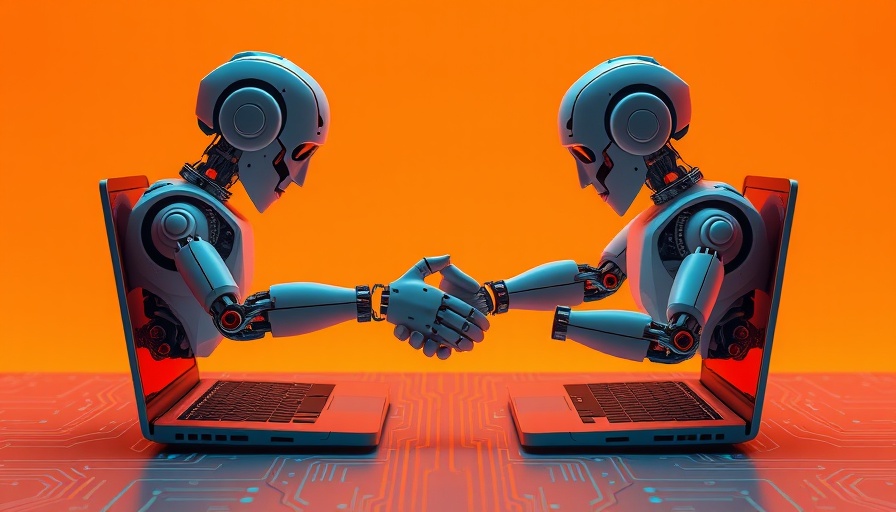
SEO's Evolving Landscape: Are We Keeping Up?
In the rapidly changing world of digital marketing, one truth stands out: traditional SEO practices are facing significant challenges. While SEO is very much alive, the strategies and skills imparted within most training programs are outdated. With AI-driven search becoming the norm, recent insights suggest we need a total re-evaluation of how we teach and apply SEO.
The Shift to AI-Driven Search
The emergence of generative AI, as seen in tools like Google's Gemini and OpenAI's ChatGPT, signals a pivotal shift in how users interact with information online. Gone are the days when users simply typed keywords into a search bar expecting direct links. Users now engage in a dynamic conversation with AI systems, seeking comprehensive answers rather than just ranked results.
This new approach requires marketers and SEO professionals to pivot from traditional tactics, such as focusing solely on title tags and keyword placement, to a more holistic understanding that emphasizes trustworthiness, contextual relevance, and how information is synthesized and presented.
Caught in the Past: What We Still Teach
Many current SEO training programs continue to teach outdated methods, prioritizing elements like title tags, link building, and rigid keyword-focused content strategies, which were effective in the past. However, as AI evolves, strategies must shift towards prioritizing content quality and accessibility over traditional techniques.
For instance, it’s still commonplace for SEO courses to assign tasks such as writing blog posts centered around primary keywords. Yet this keyword-centric approach often falls flat against the backdrop of AI-driven search that prioritizes content synthesization.
The Importance of Adaptability in SEO Training
Marketers who trained in the early 2010s may find their skills becoming less relevant in today’s AI-centric environment. Platforms like Microsoft and Amazon are redefining their ecosystems to focus on providing AI-powered answers instead of just ranked links, making the need for modern SEO skills more apparent.
It’s critical for SEO professionals to embrace ongoing learning and adapt to the current landscape. Training programs must evolve to focus on developing skills that prioritize user engagement and content understanding, allowing for a more intuitive approach that aligns with how users are searching and discovering information today.
What This Means for the Future of SEO
As generative AI becomes the standard interface for information discovery, the SEO community must embrace change. New training modalities should emphasize conversational skills, understanding AI content generation, and how to craft trusted resources that can be easily retrieved by AI systems.
This shift not only prepares marketers for current trends but positions them at the forefront of the future of digital marketing—helping to craft meaningful experiences for users who now rely on AI to fulfill their queries.
For professionals in the industry, recognizing the need for a shift in skill sets is no longer a choice; it's a necessity for survival in an ever-evolving landscape. Adapting to these changes will not happen overnight, but starting now will ensure a competitive edge in the digital space.
 Add Row
Add Row  Add
Add 




Write A Comment